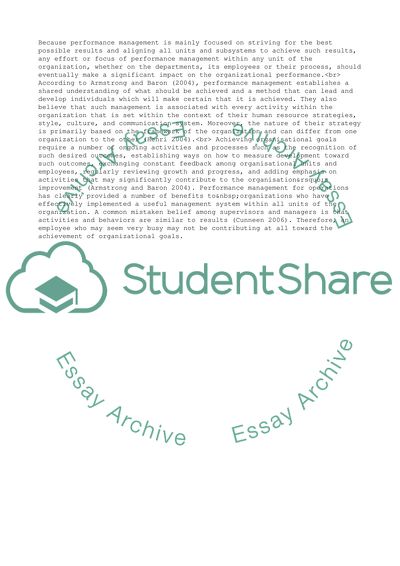Cite this document
(The Issue of Organizational Perfomance Management Research Paper, n.d.)
The Issue of Organizational Perfomance Management Research Paper. Retrieved from https://studentshare.org/management/1735823-consultancy-report-within-hospitality-and-reflective-discussion
The Issue of Organizational Perfomance Management Research Paper. Retrieved from https://studentshare.org/management/1735823-consultancy-report-within-hospitality-and-reflective-discussion
(The Issue of Organizational Perfomance Management Research Paper)
The Issue of Organizational Perfomance Management Research Paper. https://studentshare.org/management/1735823-consultancy-report-within-hospitality-and-reflective-discussion.
The Issue of Organizational Perfomance Management Research Paper. https://studentshare.org/management/1735823-consultancy-report-within-hospitality-and-reflective-discussion.
“The Issue of Organizational Perfomance Management Research Paper”, n.d. https://studentshare.org/management/1735823-consultancy-report-within-hospitality-and-reflective-discussion.


